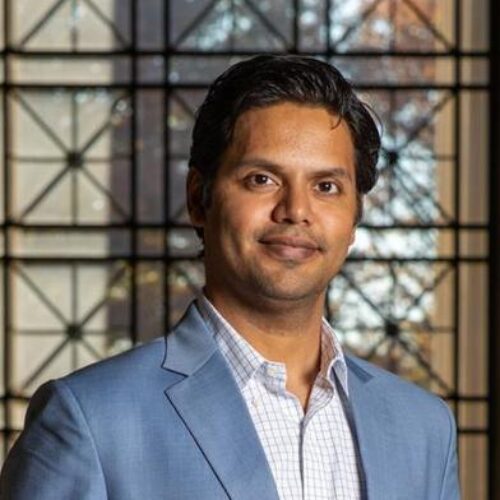CSE Community Seminar | November 22, 2024

Abstract
Generative AI is revolutionizing the digital world by creating text, images, and videos at an unprecedented speed and scale. Despite its vast potential, utilizing generative AI to solve engineering design problems requires rigorous attention to precision and strict adherence to functional requirements. This talk will explore fundamental algorithmic advances to address these challenges and present case studies demonstrating how generative AI and multi-modal learning methods can significantly improve complex engineering solutions. We will focus on applications in kinematic design and structural engineering, and discuss the role of AI as a design co-pilot. The presentation will offer insights into how these engineering-focused advances can enhance the creation of realistic, high-performance designs at scale. The conclusion will underscore generative AI’s role in democratizing design, increasing innovation in engineering, and revolutionizing our approach to global challenges.